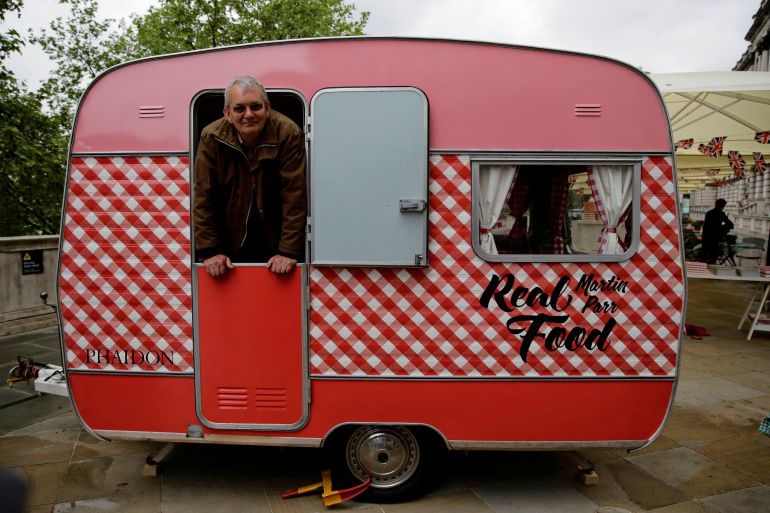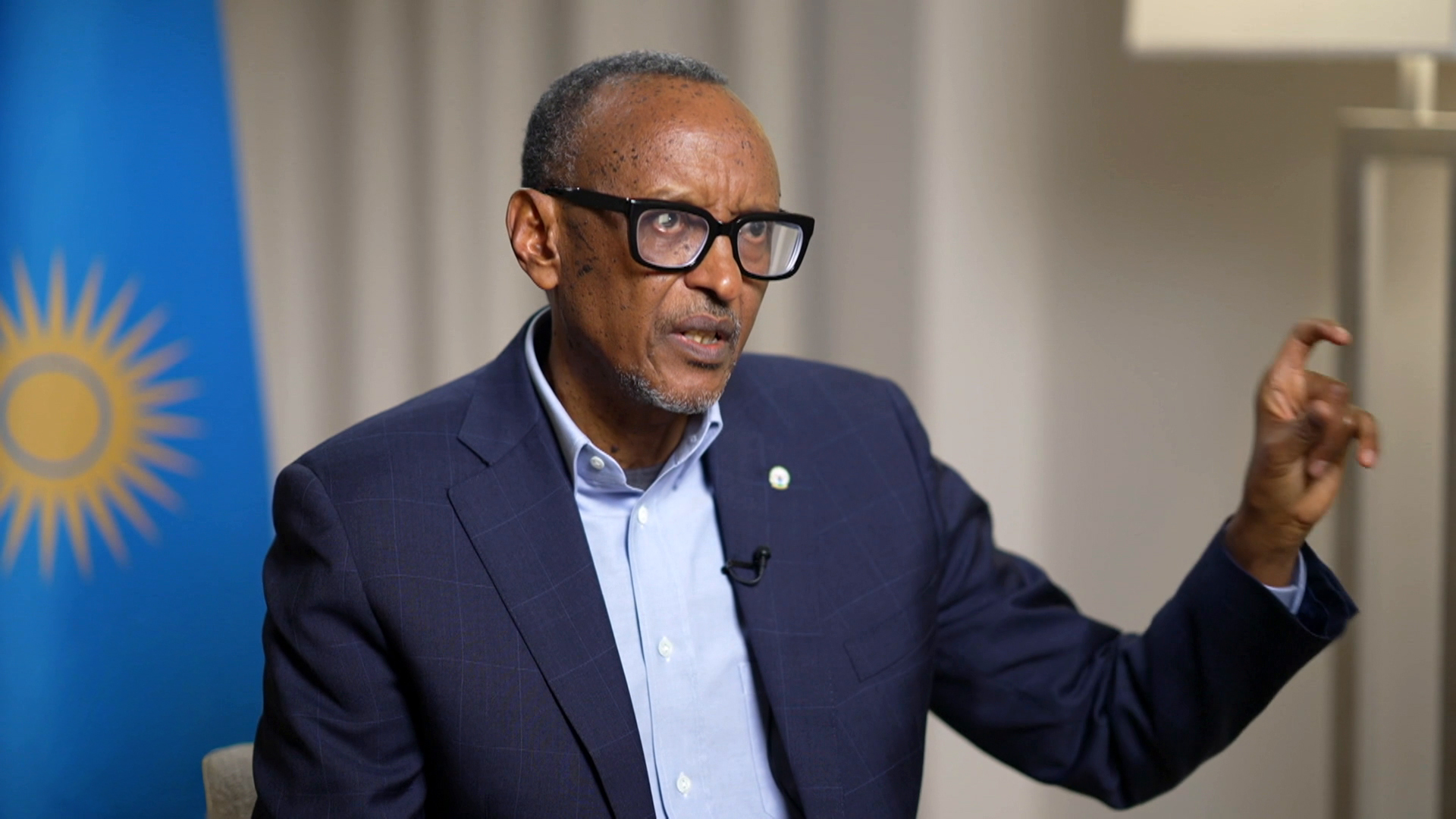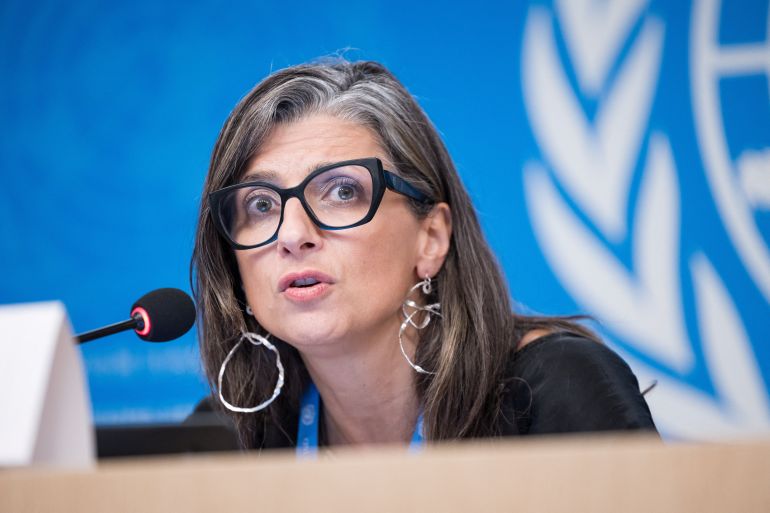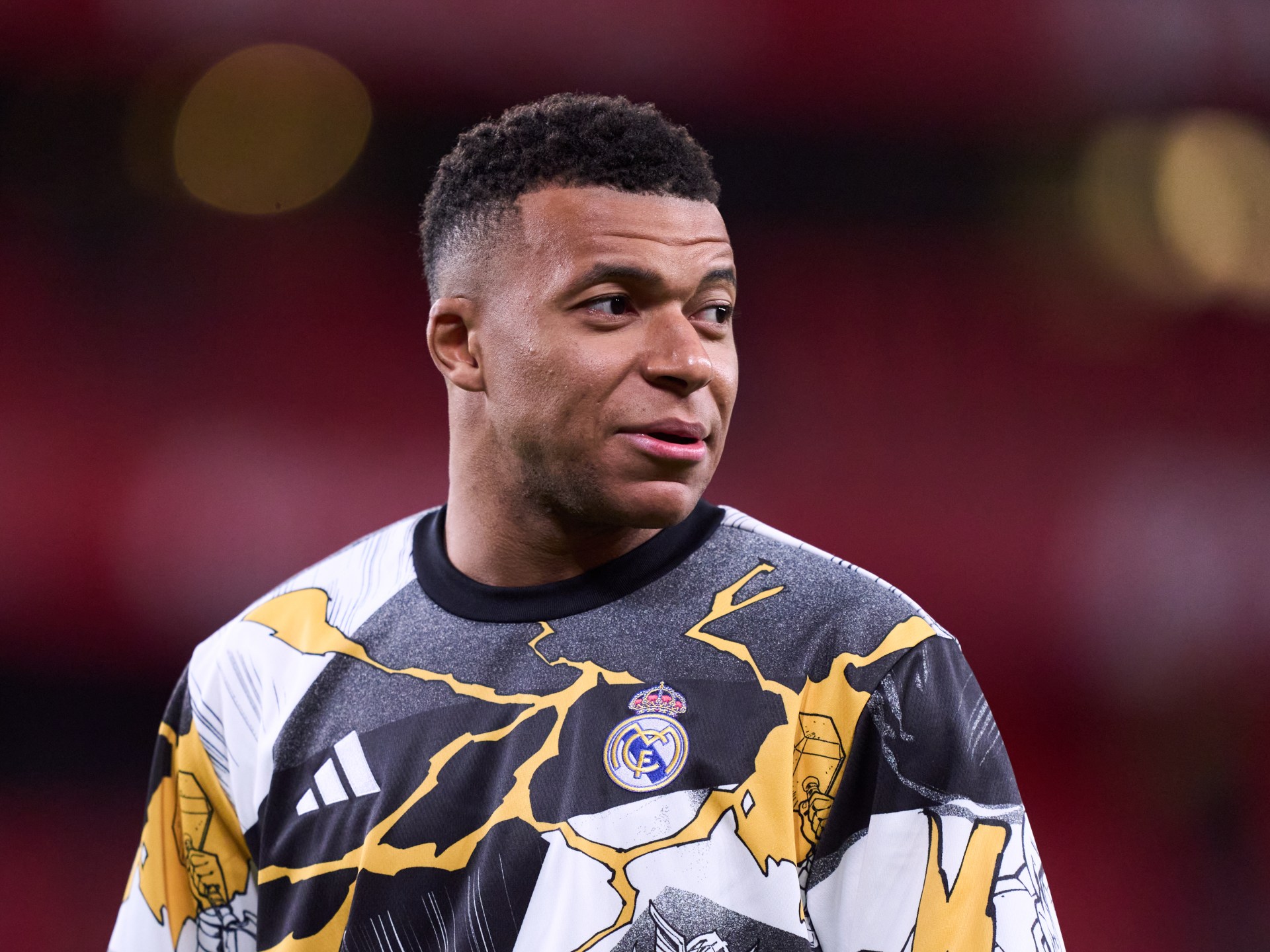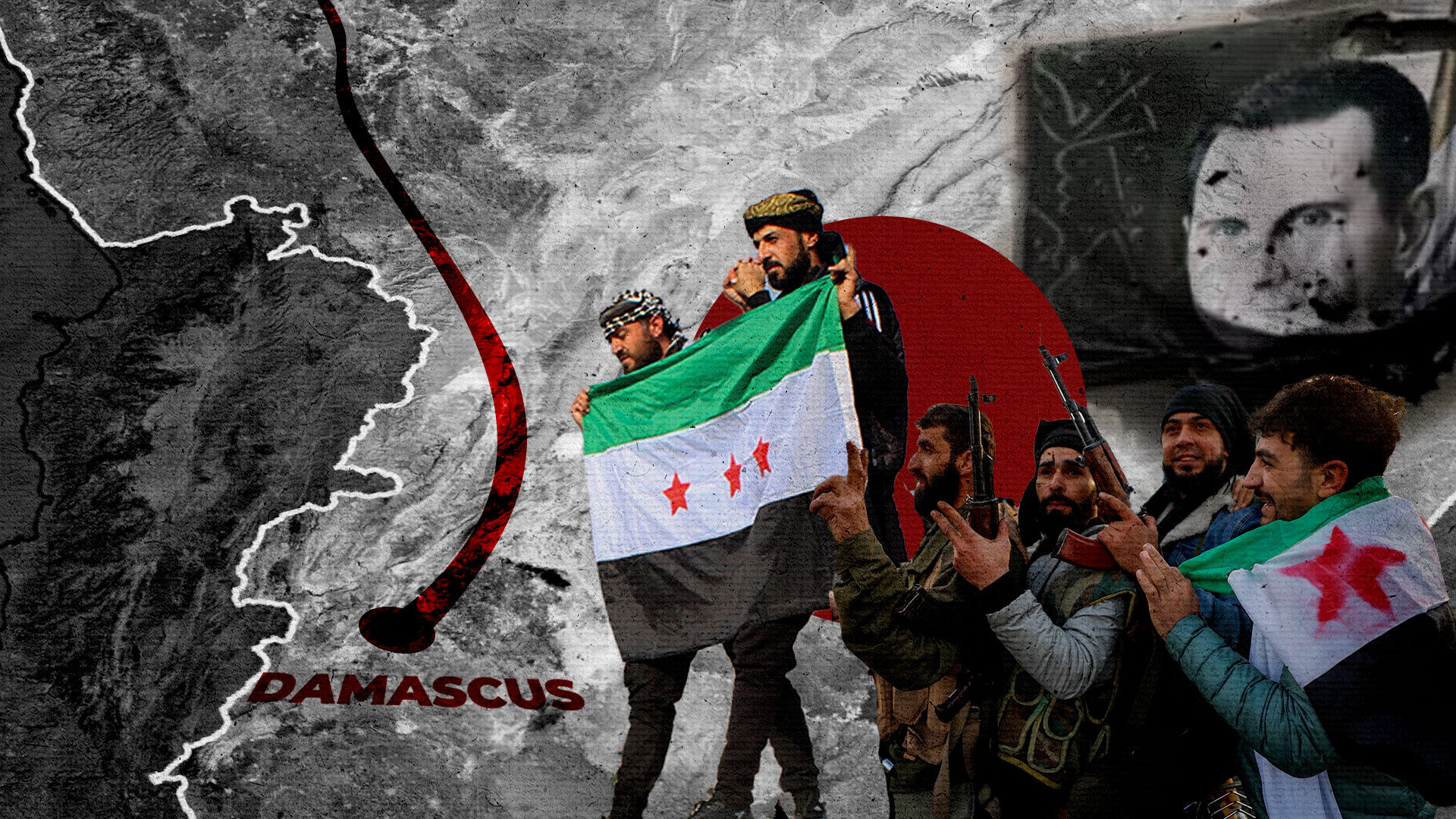British documentary photographer Martin Parr has died at the age of 73, his foundation announced.
One of the best-known documentary photographers of his time, whose lens was often focused on the peculiarities of the English class system, Parr died at his home in the western English city of Bristol on Sunday.
Recommended Stories
list of 3 itemsend of list
“Martin will be greatly missed,” said the Martin Parr Foundation on Instagram, noting it would be working with Magnum Photos “to preserve and share Martin’s legacy”.
No details on the circumstances of his death were provided, though the photographer had previously revealed being diagnosed with myeloma, a type of blood cancer.
Born and raised in Surrey, south of London, in the 1950s, Parr was inspired by his grandfather, a keen amateur photographer, and opted for his chosen profession while still a teenager.
He launched his career after studying at the University of Manchester, taking black-and-white shots that aped the great masters of the time such as Henri Cartier-Bresson.
But he found himself drawn to colour photography, which was becoming the standard form, inspired by the style of amusing seaside postcards and other kitsch items of everyday 1970s Britain.
“Once I tried colour, I never looked back,” he told news agency AFP in 2022.
Parr rose to prominence with his 1980s collection, The Last Resort, which depicted working-class visitors to the seaside town of New Brighton, with highly saturated shots of frazzled beachgoers lit by lurid flash.
In The Cost of Living, Parr captured gentrification under the government of Prime Minister Margaret Thatcher in the 1980s, documenting the middle classes keeping up appearances at suburban garden parties and fundraising events with an always satirical eye.
His controversial style was not universally liked. Parr was sometimes accused of cruelty for his refusal to flatter his subjects, though he remained unapologetic and became widely considered as a master of his craft who spawned many imitators.
Cartier-Bresson himself was among several photographers who tried to block Parr’s entry into Magnum, saying he appeared to come “from a totally different planet”. Parr later responded: “I know what you mean, but why shoot the messenger?”
Though he travelled the globe during his decades-spanning career, snapping images everywhere from North Korea to Albania and Japan to Russia, he was best known for his unvarnished, warts-and-all depictions of Britain.
He told AFP he felt connected with Britain’s “history of satire and humour”, but had a “love-hate relationship” with the people, particularly amid the divisions of Brexit, which he captured after the 2016 referendum with photos depicting the volatility of the era.
“I love the country… the hate is from the bigotry, xenophobia that caused the Brexit vote,” he explained at the time.
In an interview with the AFP news agency published last month, he argued that the world has never been more in need of the kind of satire captured in his images.
